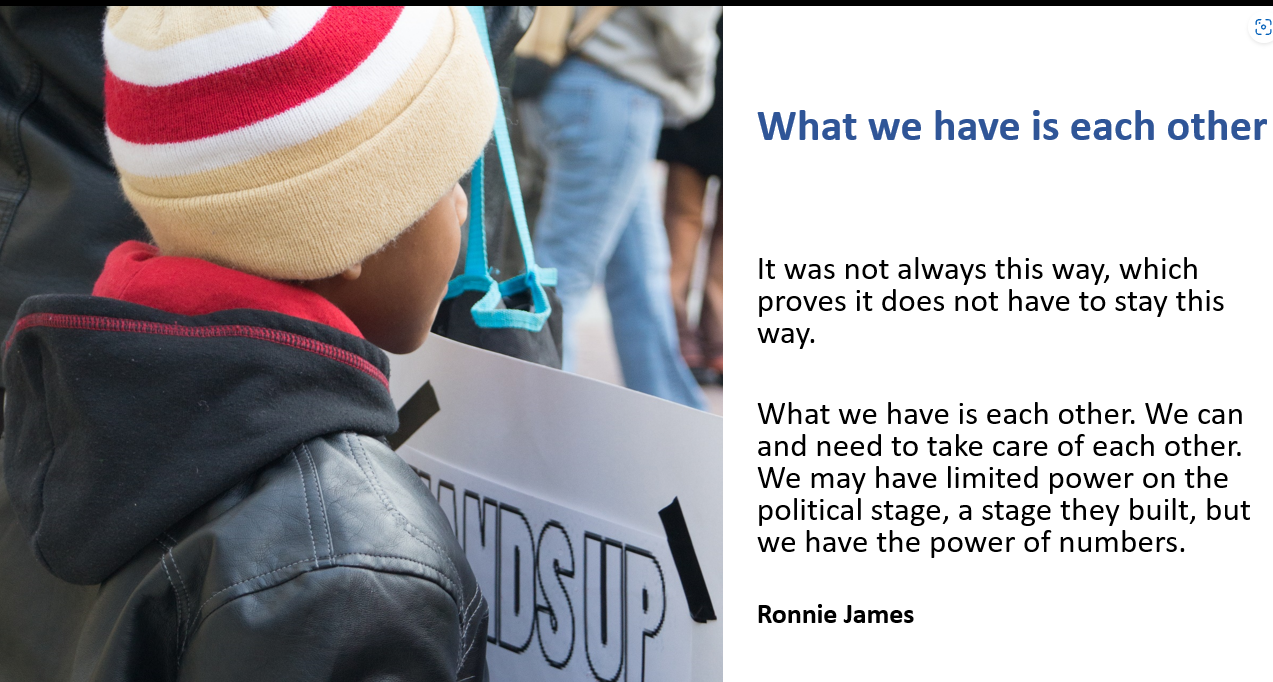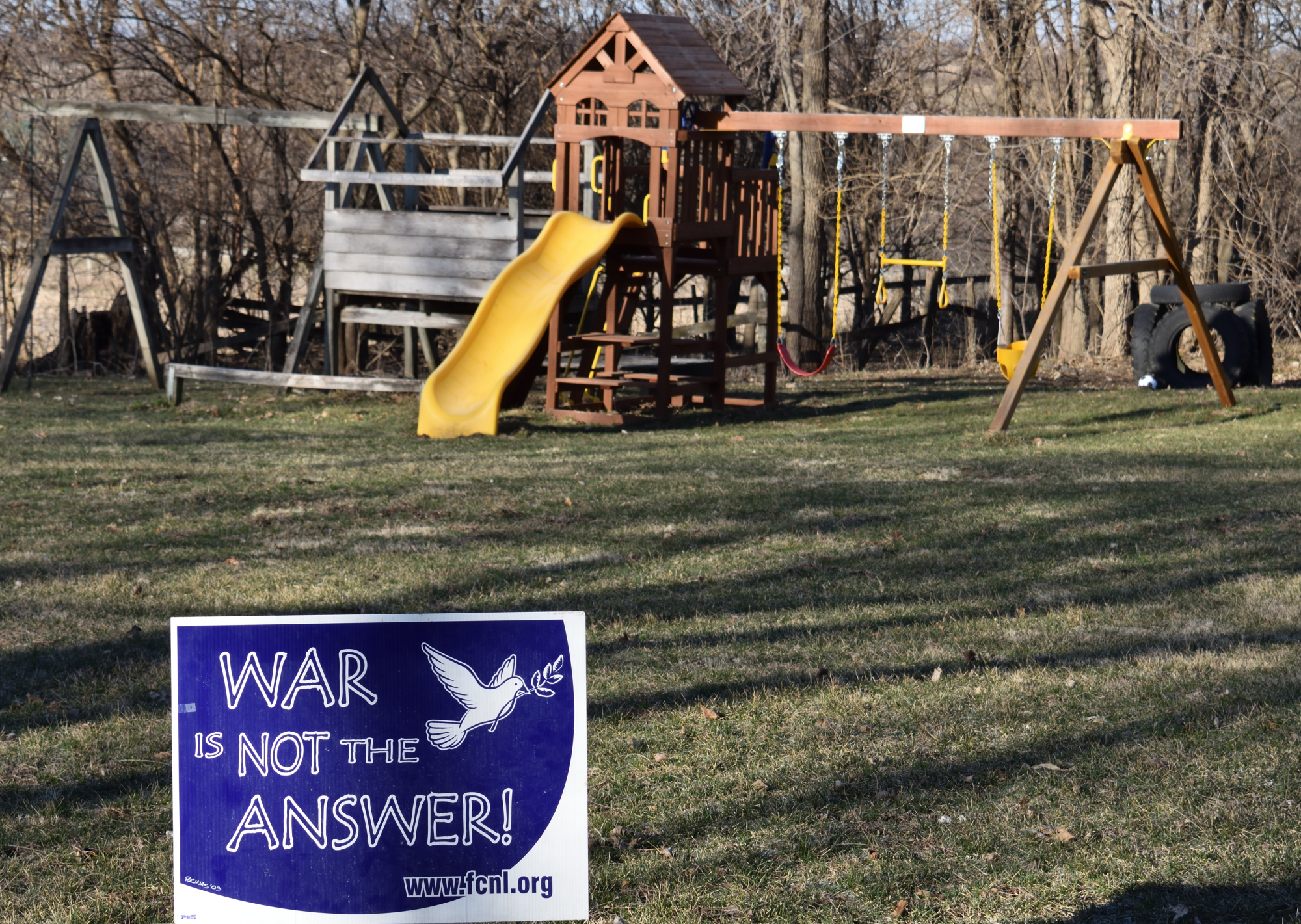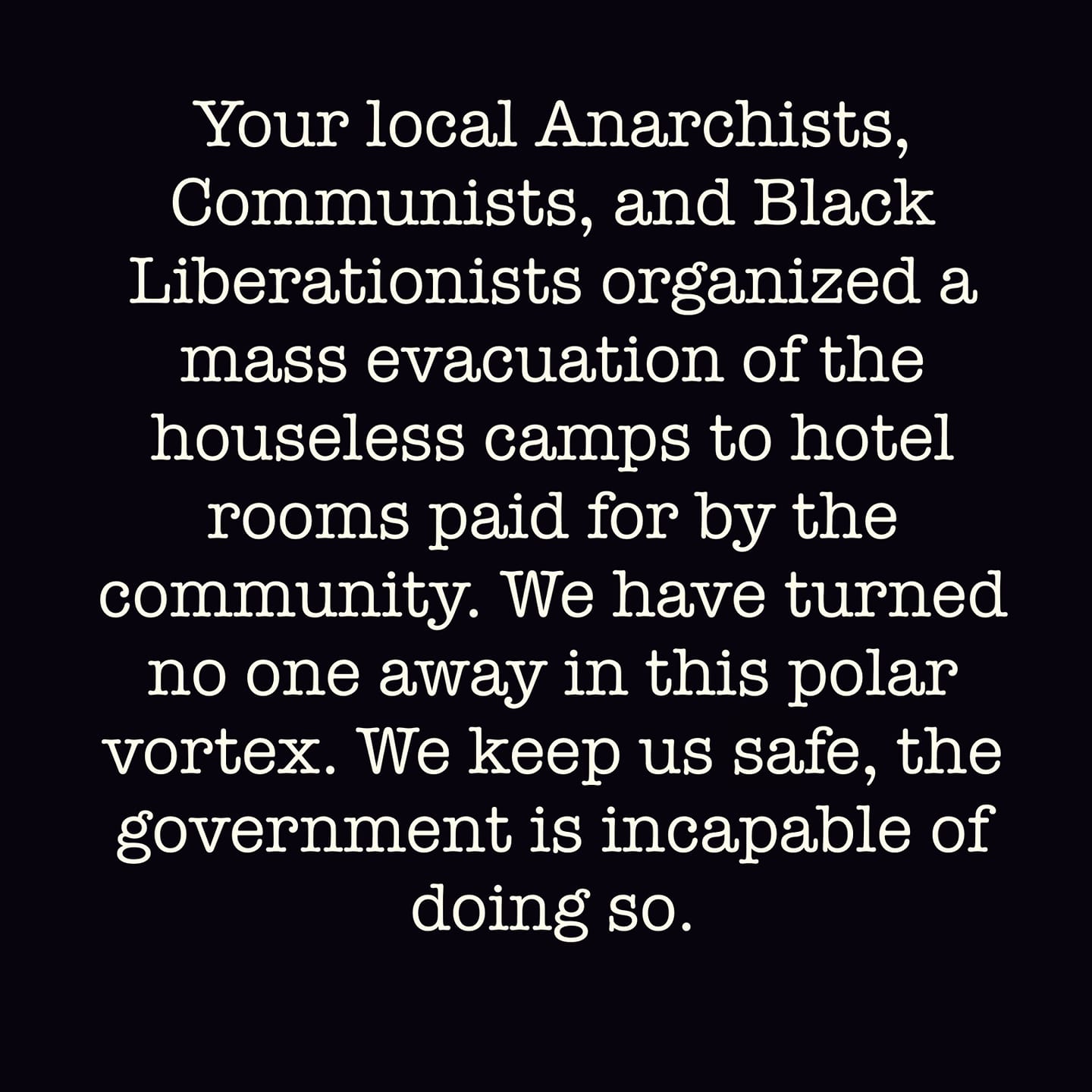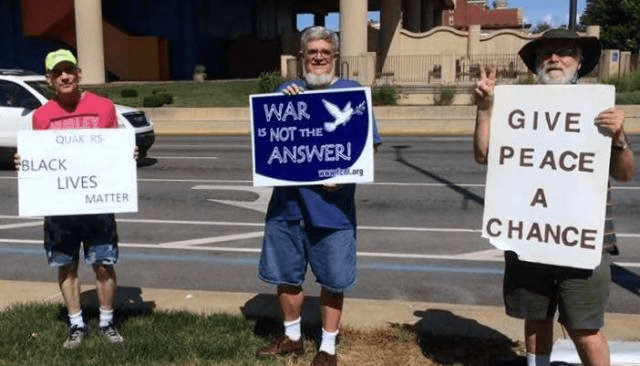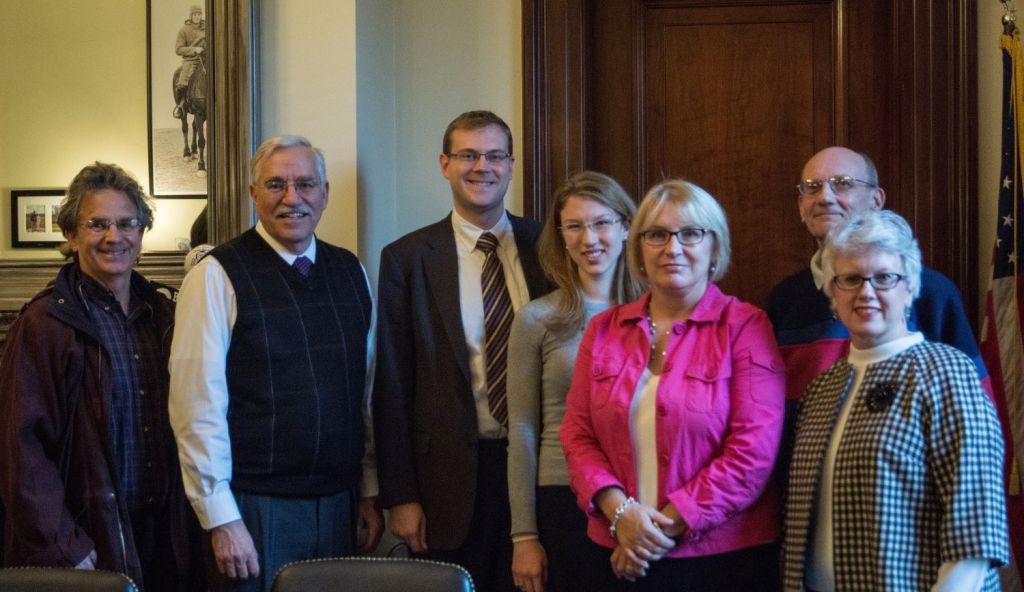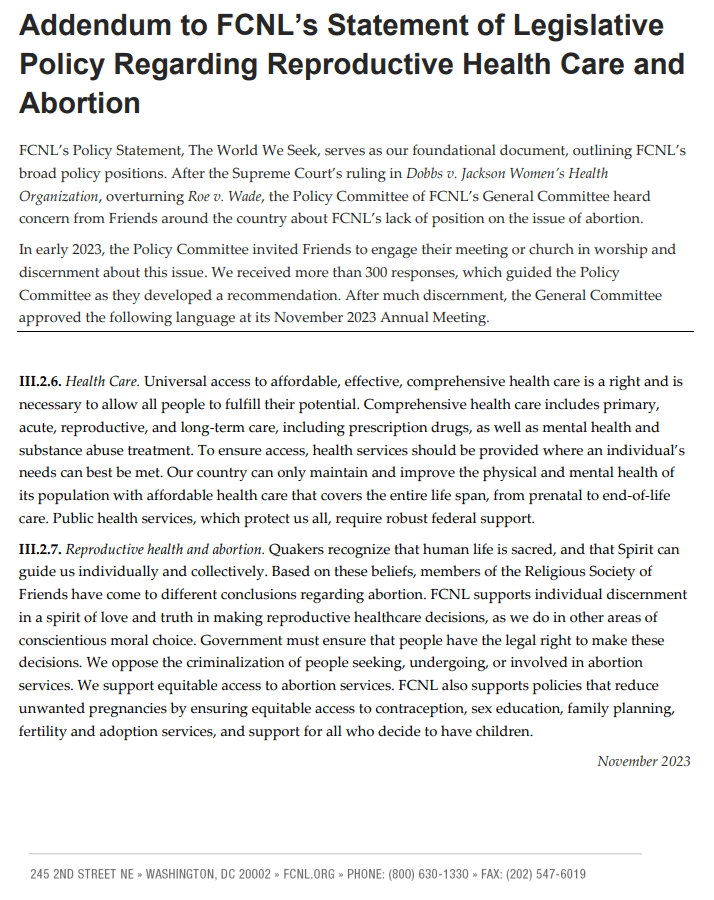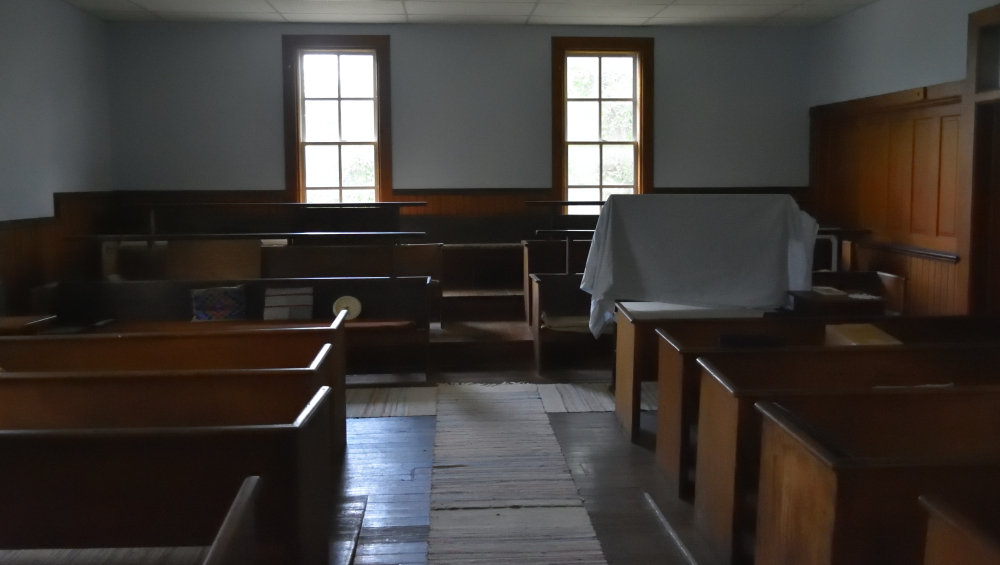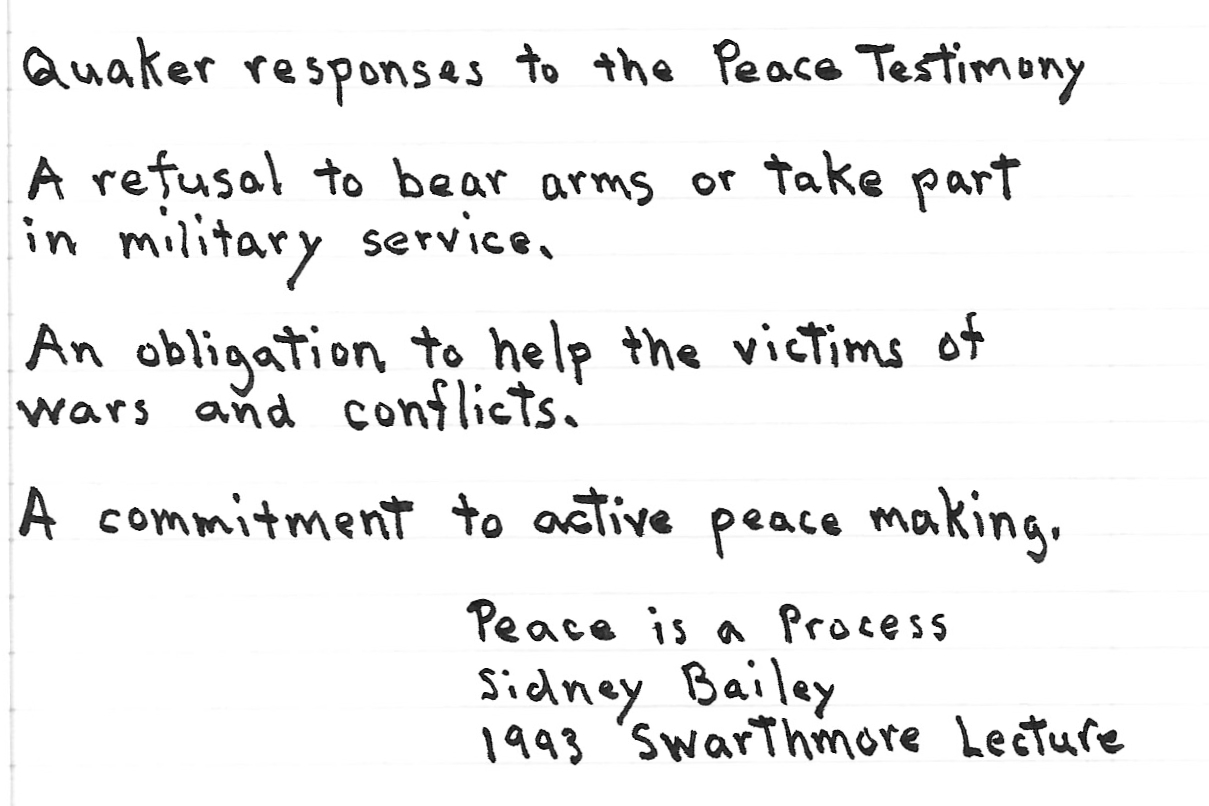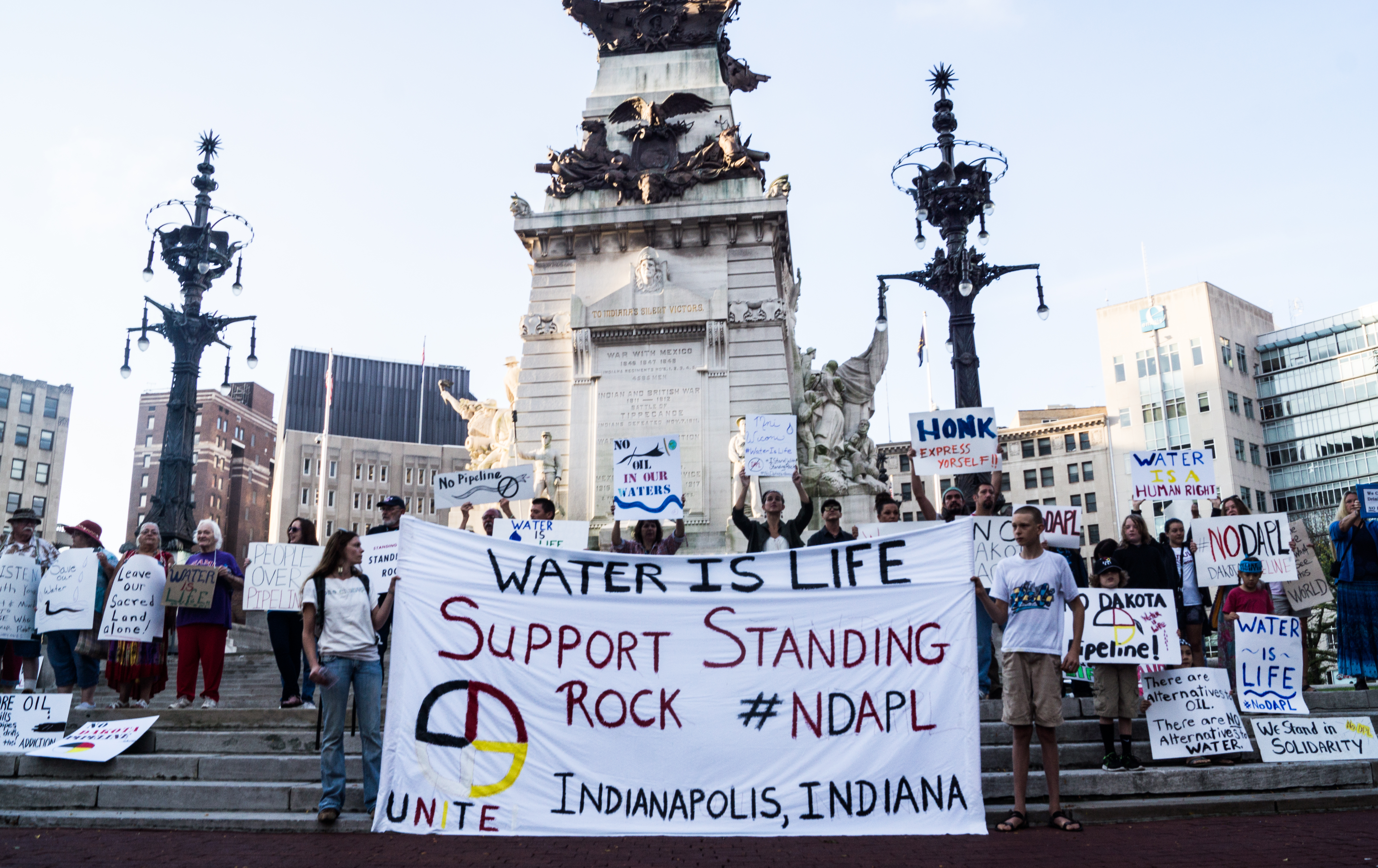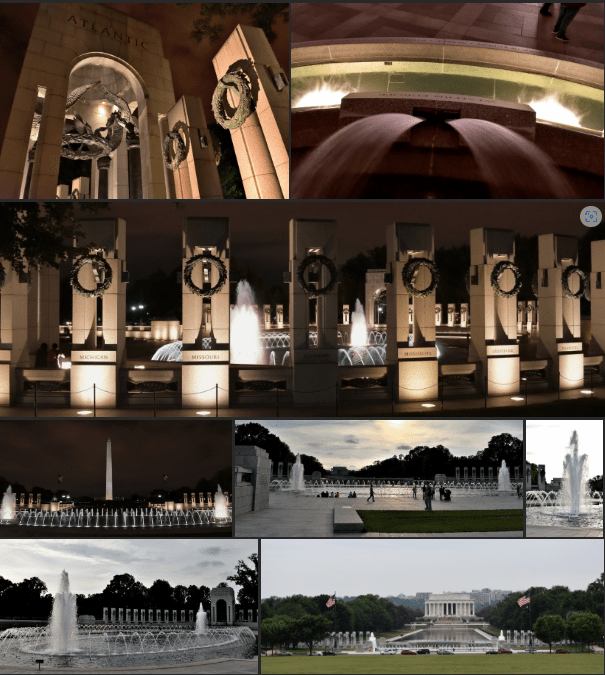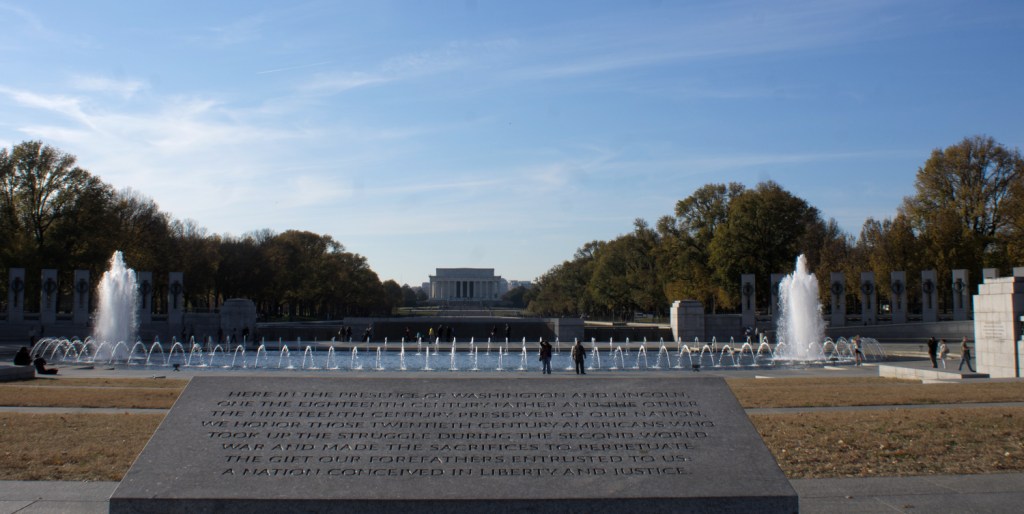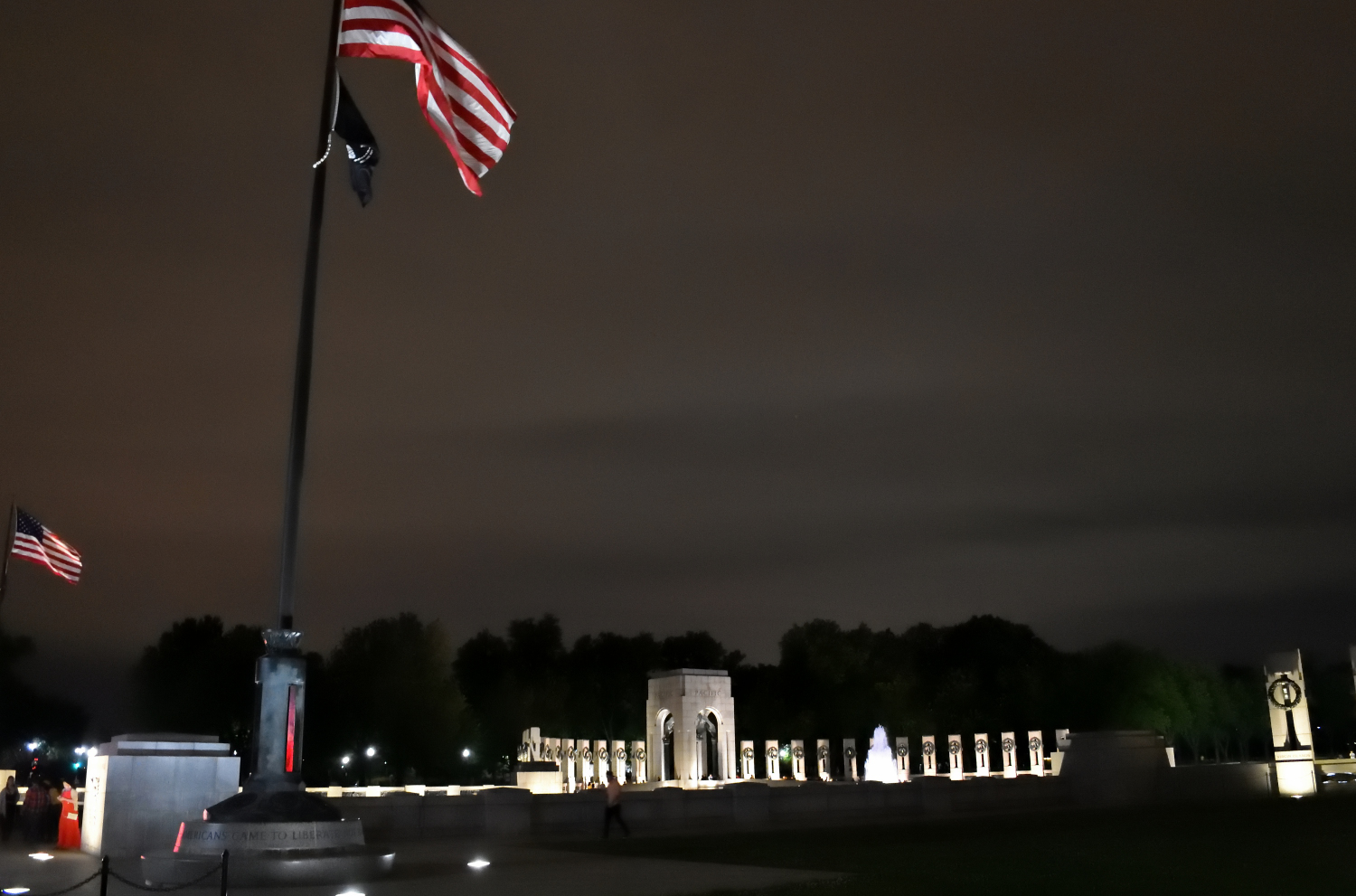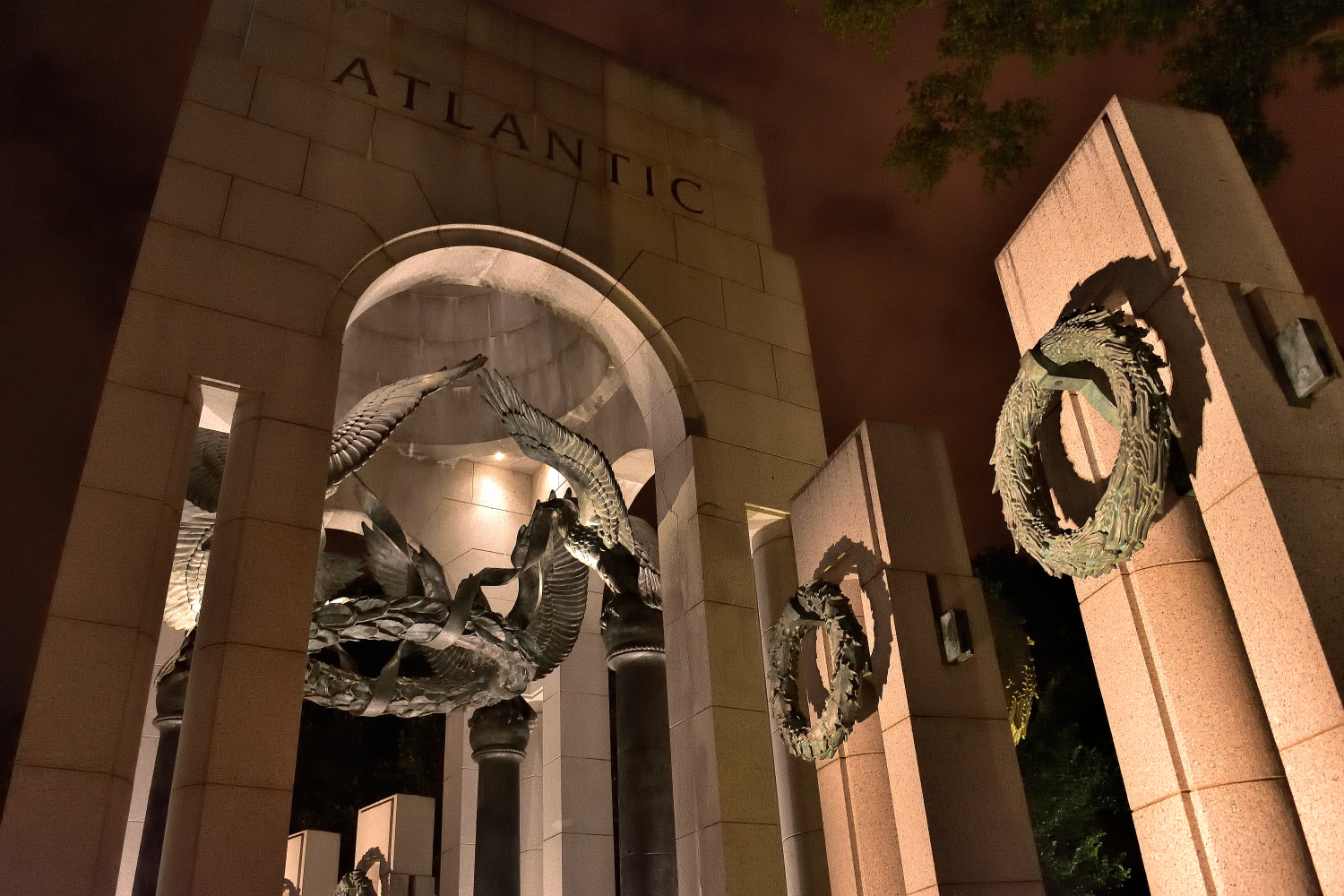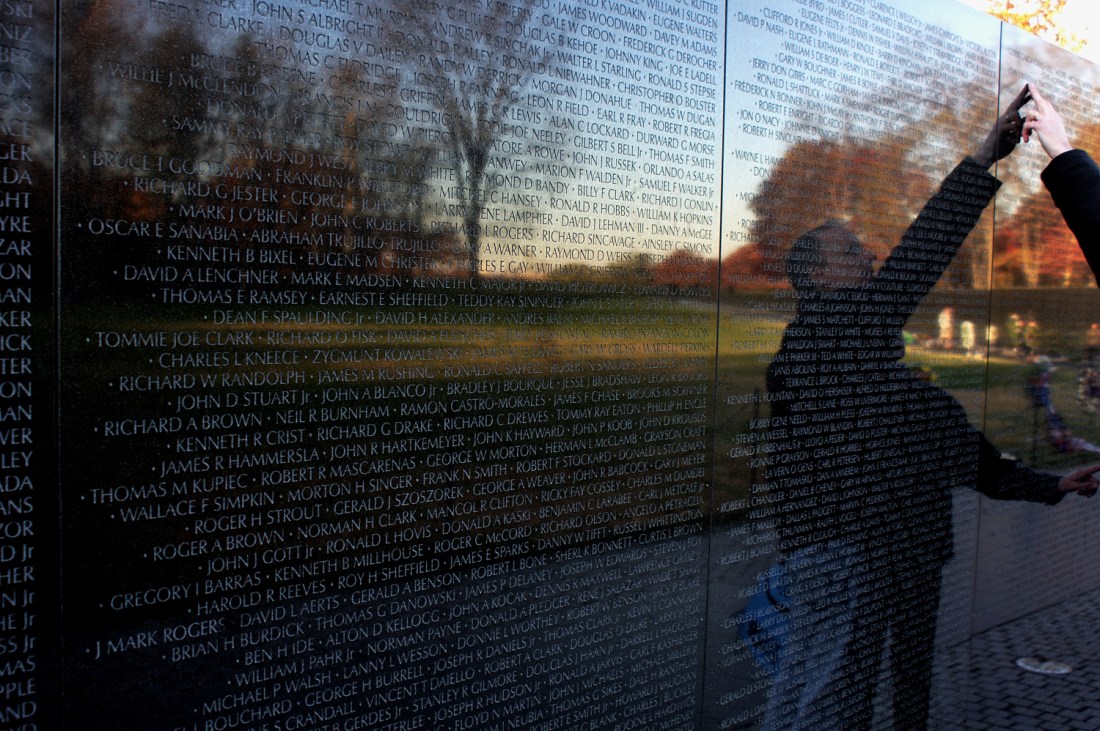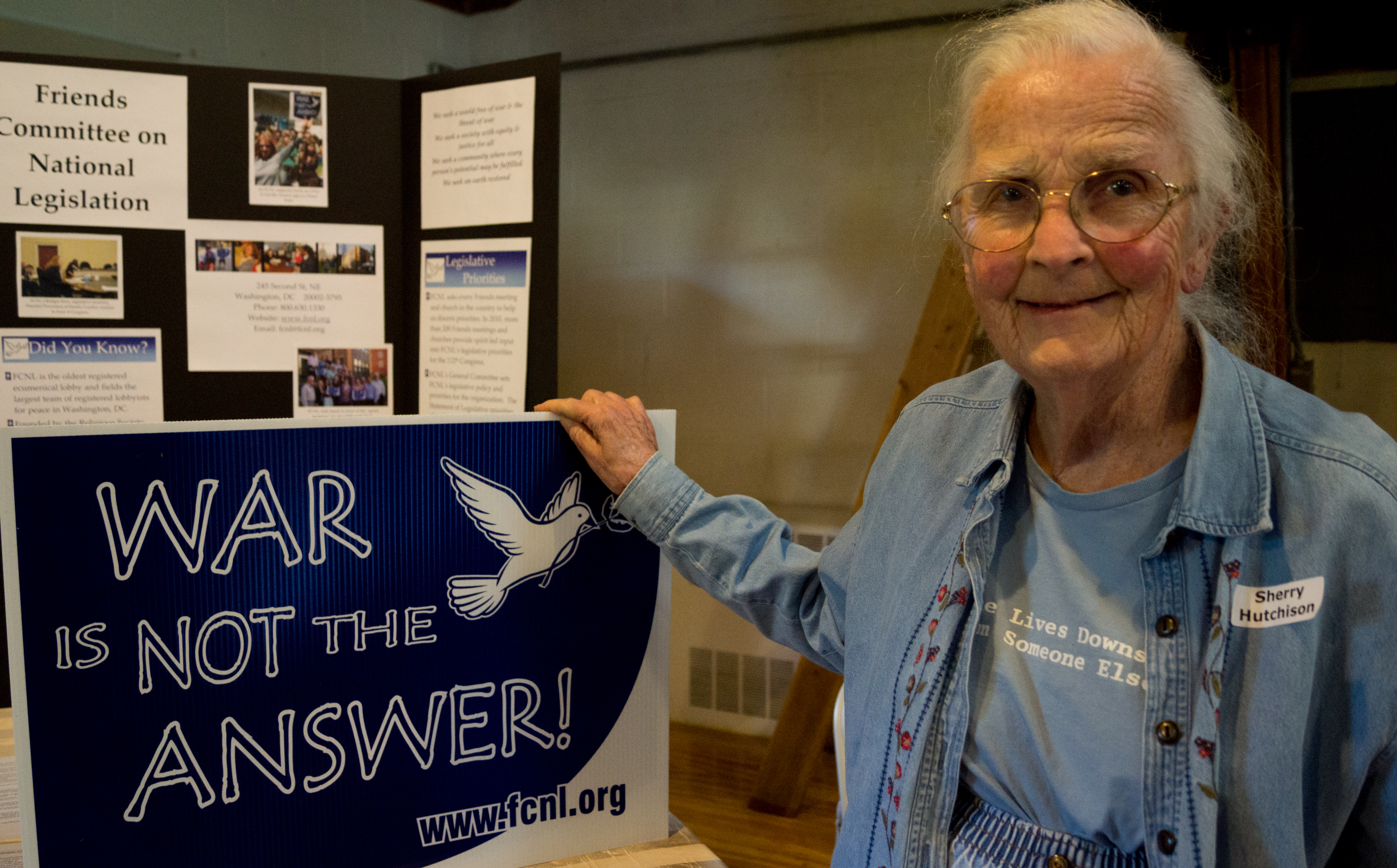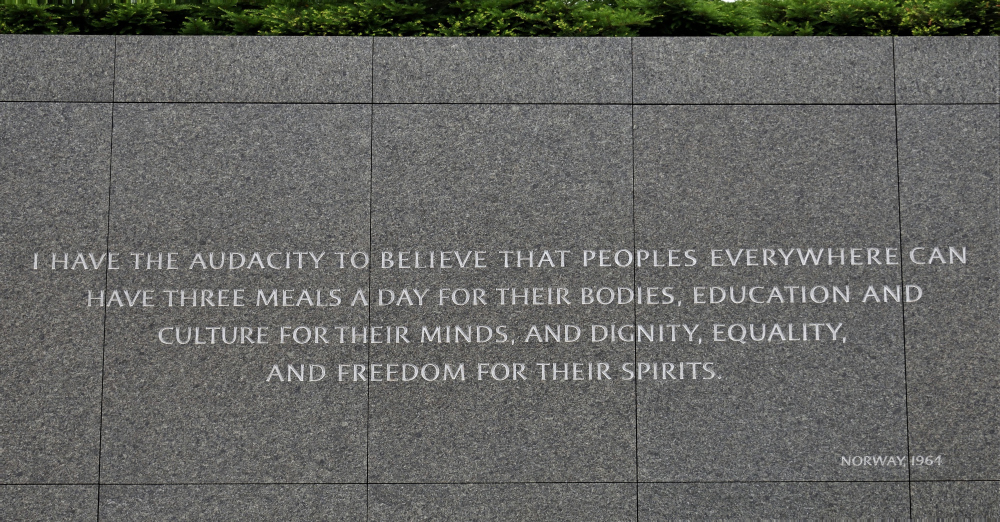The Silence of the Damned is the title of an article written by Chris Hedges yesterday. It is devastating reading. The title says it all. Here are a few excerpts.
Robert Jay Lifton in his book “The Nazi Doctors: Medical Killing and the Psychology of Genocide” writes that “genocidal projects require the active participation of educated professionals — physicians, scientists, engineers, military leaders, lawyers, clergy, university professors and other teachers — who combine to create not only the technology of genocide but much of its ideological rationale, moral climate, and organizational process.”…
There is a cost to denouncing this genocide, a cost they (U S Medical Schools and organizations) do not intend to pay. They fear being attacked. They fear destroying their careers. They fear losing funding. They fear a loss of status. They fear persecution. They fear social isolation. This fear makes them complicit…
The danger is not only that the Israeli crimes are denounced. The danger, more importantly, is that the moral bankruptcy and cowardice of the institutions and their leaders are exposed…
The dehumanization of Palestinians is lifted from the playbook of all settler colonial projects, including our own. This racism, where people of color are branded as “human animals,” is coded within the DNA of our institutions. It infects those chosen to lead these institutions. It lies at the core of our national identity. It is why the two ruling parties and the institutions that sustain them side with Israel. It feeds the perverted logic of funneling weapons and billions of dollars in support to sustain Israel’s occupation and genocide.
History will not judge us kindly. But it will revere those who, under siege, found the courage to say no.
The Silence of the Damned. Our Leading Humanitarian and Civic Institutions, Including Major Medical Institutions, Refuse to Denounce Israel’s Genocide in Gaza by Chris Hedges, Scheer Post, February 1, 2024
There is a sense of hopelessness, helplessness, and despair in the face of the horrors of the Israeli-Hamas war.
Coming of age in the 1960s, during the Vietnam War, I witnessed and was part of the massive antiwar movement in this country. But for the past several decades I’ve wondered what happened to the antiwar movement. A movement sorely needed in these times. I’m beginning to understand that the antiwar movement has morphed into the movement to build resilient, Mutual Aid communities.
As I’ve been writing about resilience and Mutual Aid recently, I see more clearly that resilience is not only a way to prepare for the future but also a way to build better communities now. That includes the way to break the cycle of war.
It might seem counterintuitive to work locally in the face of global war and disaster, but I believe that is the only effective thing we can do now.
“Ain’t Gonna Study War No More” by Jeff Kisling, Polycrisis Center, 11/11/2023
In January 2020, just before I joined, Des Moines Mutual Aid participated in a march protesting the potential for war or increased hostilities with Iran that followed the fallout of the assassination of Qassem Soleimani by a drone strike in Baghdad.

